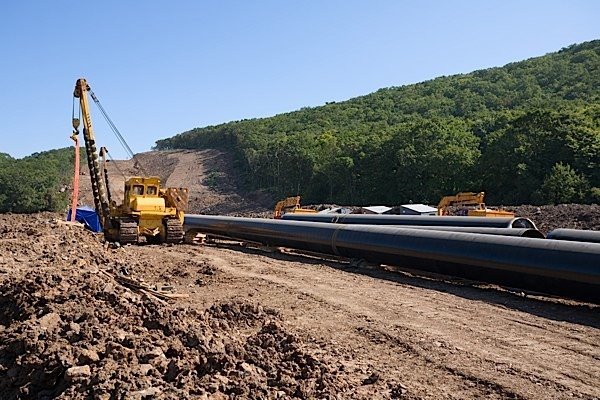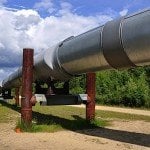Opponents of oil and gas pipelines have long contended that they are not safe, and that pipeline companies, while they claim to put safety ahead of all considerations, are in reality shirking their responsibilities. That position could gain support in the latest findings of the Auditor General of Canada, whose report on federally regulated pipelines was tabled yesterday. The report focuses on the National Energy Board (NEB), not pipeline companies themselves, examining whether the Board is doing what it was set up to do: to verify that pipeline companies are in compliance with approval conditions and regulations; to ensure that proper emergency response procedures are in place; and to assess its own capacity to do what it is supposed to do.
On the NEB’s responsibility to track whether the 100 companies it oversees are implementing pipeline approval conditions and complying with regulatory requirements, the auditor general found that the Board did not adequately do so. The NEB, the report states, “did not always adequately track whether companies satisfy pipeline approval conditions.”
The NEB had records pertaining to companies and their “required corrective actions,” but they were “outdated and inefficient.” Of forty-nine pipeline approval conditions examined for the audit, twenty-four were found to be missing documentation, inaccurate, or lacking in analysis. Information management systems used by the Board were not integrated with each other. Further, the Board has not taken steps to make public information about pipeline approval conditions. All of this is important, the auditor’s report says, because those approval conditions exist so that pipelines can be built safely in the first place.
The auditor general also found that there are important improvements that could be made in the Board’s emergency preparedness. The main finding was that the Board’s review process for assessing companies’ emergency management plans is flawed. One-third of its reviews lacked “important information,” and the Board needs to consolidate the results of its risk assessments.
The report also found that the NEB needs to recruit more specialists, particularly engineers, in order to carry out its approvals and oversight functions, especially to verify that pipelines are in fact being built safely.
The report comes at a time when opposition to the latest major pipeline project, TransCanada Corp’s Energy East pipeline, received a boost from the mayor of Montreal. Denis Coderre leads a coalition of municipal leaders who are opposed to this pipeline. The line would carry Alberta crude oil to New Brunswick, passing through Quebec on the way.
The prime minister, meanwhile, who met with Coderre in Montreal, said that the pipeline companies need to win the support of Canadians and meet stronger environmental standards if they are to move forward. The government is currently working on new environmental assessment rules for pipelines.



































